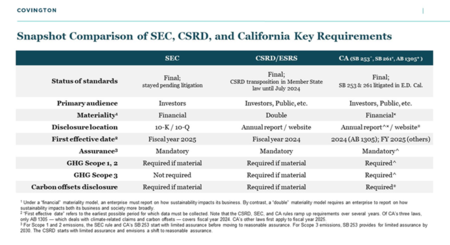Many cancers, including lung and breast, often require thoracic radiation, meaning the potential risk population for radiation-induced lung injury is substantial. In a new review article published in CHEST, a team of radiation oncologists and pulmonologists from Baylor College of Medicine outline an in-depth multi-disciplinary understanding of such injuries to educate physicians and prevent misdiagnosis.
“Radiation treatment can be highly variable, depending on the treatment intent, dose, volume and technique. Further, understanding the details of a patient’s radiation treatment can help provide context when evaluating a patient with side effects or complications thought to be secondary to their radiation treatment, such as abnormal scarring,” said Dr. Alexander Hanania, radiation oncology resident at Baylor and first author of the review.
Recent advances in radiation delivery techniques have helped reduce the incidence of lung injury, as they allow for more targeted treatment. However, Hanania added, radiation oncologists find that many physicians generally are less familiar with what to look for in patients who have had radiation, or how previous radiation treatments may impact their patient’s care in the future.
“As pulmonologists, we often encounter patients with cancer who present with respiratory symptoms. While these are usually caused by their primary underlying malignancy, on occasion they may be related to treatments they have received, including radiation therapy,” said Dr. Nicola Hanania, associate professor of medicine at Baylor and co-author of the study. “Our review highlights updated knowledge on radiation-induced lung injury that every clinician should become familiar with and understand.”
“Research progress in understanding the molecular basis of radiation-induced lung injury is likely to play an important role in facilitating patient and physician education, as well as in the accurate diagnosis, identification and reduction of new cases,” said study author Dr. Yohannes Ghebre, associate professor of radiation oncology and member of the Dan L Duncan Comprehensive Cancer Center at Baylor.
“We published this comprehensive review in an effort to encourage physicians in all areas to engage with the radiation oncology community in order to fully understand the best course of care for these patients,” said Hanania.
Other contributors to this work include Dr. Michelle Ludwig and Walker Mainwaring, both with Baylor. See the full review.








